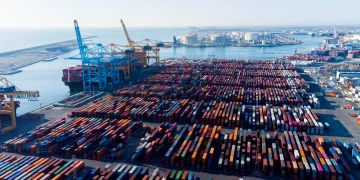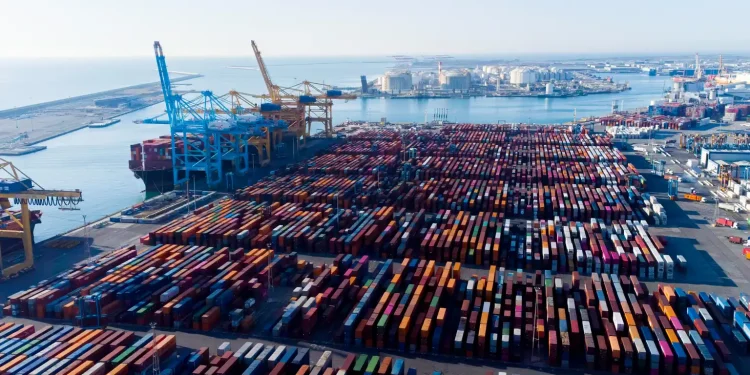By Maria Kalamatas | July 29, 2025
London, July 29 — On a quiet morning in East London, Martin Cole scrolls through another email from his bank — the third this month cutting his company’s credit line. For Cole, the chief financial officer of a mid-sized freight forwarder, the message is now routine: higher rates, stricter terms, and another demand for collateral.
“Six months ago, we were talking about opening two new offices in Asia,” Cole said. “Now, we’re focused on keeping the trucks moving and paying carriers on time. Growth isn’t even part of the conversation anymore.”
Banks grow cautious as markets wobble
Since early this year, lenders have tightened their grip on logistics firms. Rising interest rates and fears of a slowdown in global trade have prompted banks to shorten repayment cycles and raise collateral requirements. For smaller and mid-tier forwarders — the ones without deep cash reserves — it’s a sharp blow.
Many have delayed expansion plans, slowed hiring, and started renegotiating terms with ocean and air carriers, who now want faster payments before guaranteeing space.
Costs pass through the chain
The financial strain isn’t staying with the forwarders. Shippers are starting to feel it too, with some operators adding surcharges or asking for partial prepayments just to keep cargo moving. Rates on certain Asia–Europe lanes have crept upward, driven as much by finance as by fuel or capacity.
“Every week feels like a balancing act,” Cole admitted. “If the cash doesn’t line up, everything downstream grinds to a halt.”
Bigger players circle the market
The squeeze is also fueling a wave of consolidation. Large logistics groups with stronger balance sheets are quietly acquiring smaller competitors, while private equity firms are snapping up distressed operators to fold into larger networks. For many, it’s survival through sale.
The road ahead
Analysts don’t expect banks to loosen terms before 2026. For forwarders, survival will hinge on diversifying financing and cutting operational slack. Those that can adapt may emerge stronger, while others will be absorbed — or disappear entirely.
“This is more than a temporary tightening,” Cole said, glancing at his overflowing inbox. “It’s changing the forwarding industry, deal by deal, day by day.”





















